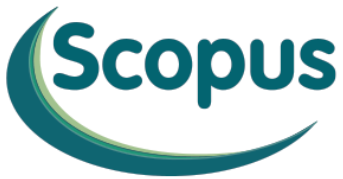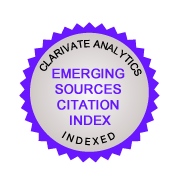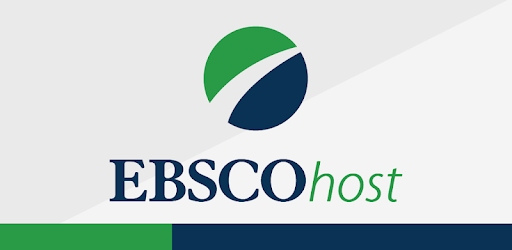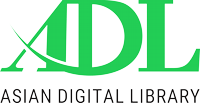THE ROLE OF EMOTIONAL INTELLIGENCE IN MEDIATING THE RELATIONSHIP BETWEEN EMERGING ADULTHOOD AND ACADEMIC ACHIEVEMENT
DOI:
https://doi.org/10.32890/mjli2017.14.1.6Keywords:
Emotional intelligence (EI), emerging adulthood (EAH), academic achievement (AA), partial least square (PLS)Abstract
Purpose – Academic achievement of students can be fostered and improved if they learn to apply emotional intelligence in their emerging adulthood. The core objective of this research is to test the relationship between emerging adulthood and academic achievement by taking emotional intelligence as a mediator.Methodology – The sample is comprised of 90 students from Islamia University Bahawalpur, Punjab, Pakistan between the ages 18-25 years. Emerging adulthood characteristics are measured by using the Inventory of the Dimensions of Emerging Adulthood (IDEA), emotional intelligence is measured by using Bar-On EQ-i and academic achievement is measured by Grade Point Average (GPA). Partial least square based structural equational modeling technique (PLS-SEM) is applied to analyze the data.
Findings – The findings show a significant relationship among all the variables in the study and emotional intelligence fully mediates the relationship between emerging adulthood and academic achievement to show that academic achievement of students can be enhanced if they can apply emotional intelligence skills and abilities in their emerging adulthood. Significance – The focus of this study is the role of emotional intelligence in mediating the relationship between emerging adulthood and academic achievement. The study would also be valuable for academic institutions to capitalize emotional intelligence to reduce emotional issues among students and attain higher academic achievement and performance.
Metrics
Metrics Loading ...
Additional Files
Published
28-06-2017
How to Cite
Noor, F., & Hanafi, Z. (2017). THE ROLE OF EMOTIONAL INTELLIGENCE IN MEDIATING THE RELATIONSHIP BETWEEN EMERGING ADULTHOOD AND ACADEMIC ACHIEVEMENT. Malaysian Journal of Learning and Instruction, 14(1), 145–168. https://doi.org/10.32890/mjli2017.14.1.6
Issue
Section
Articles




























